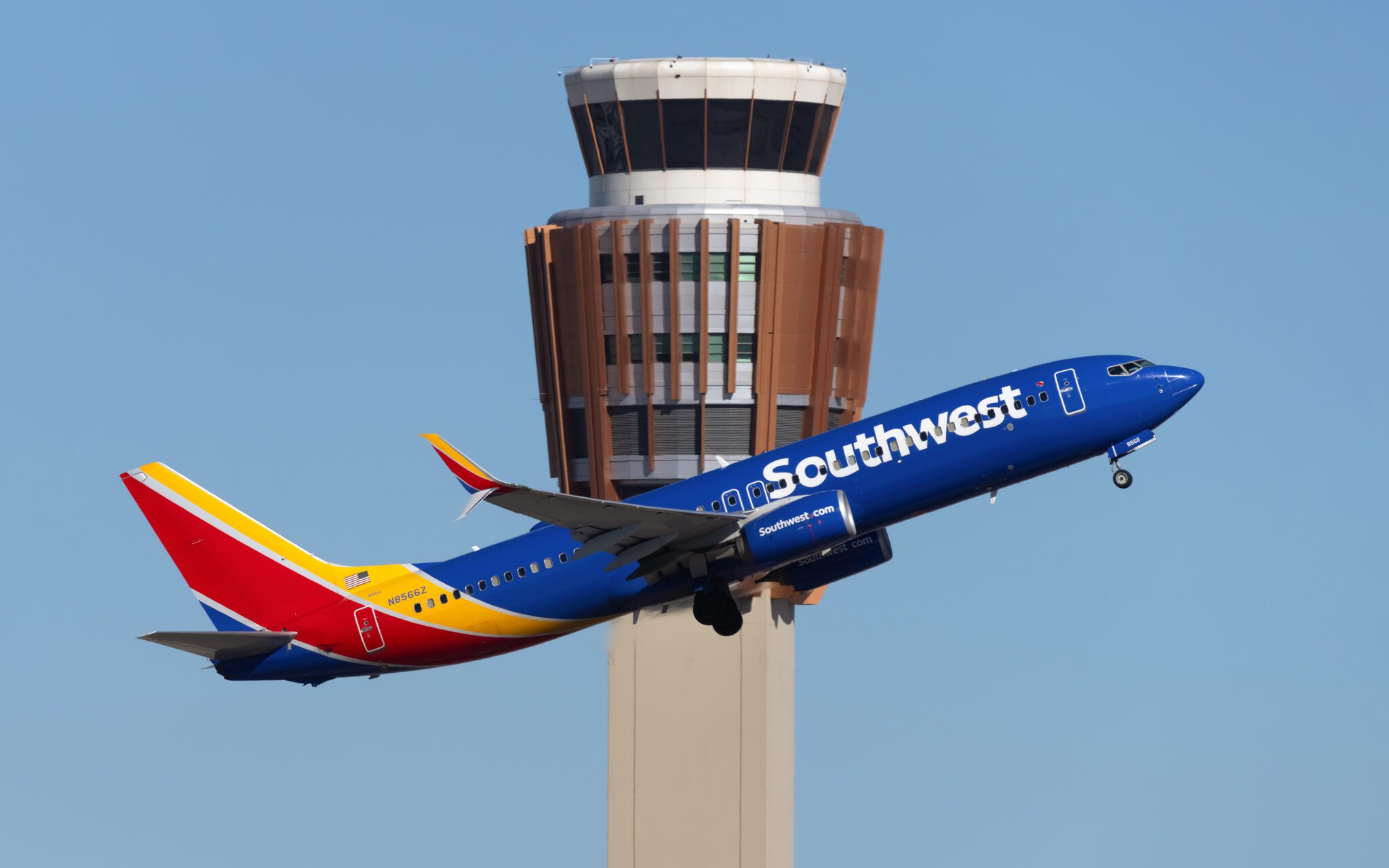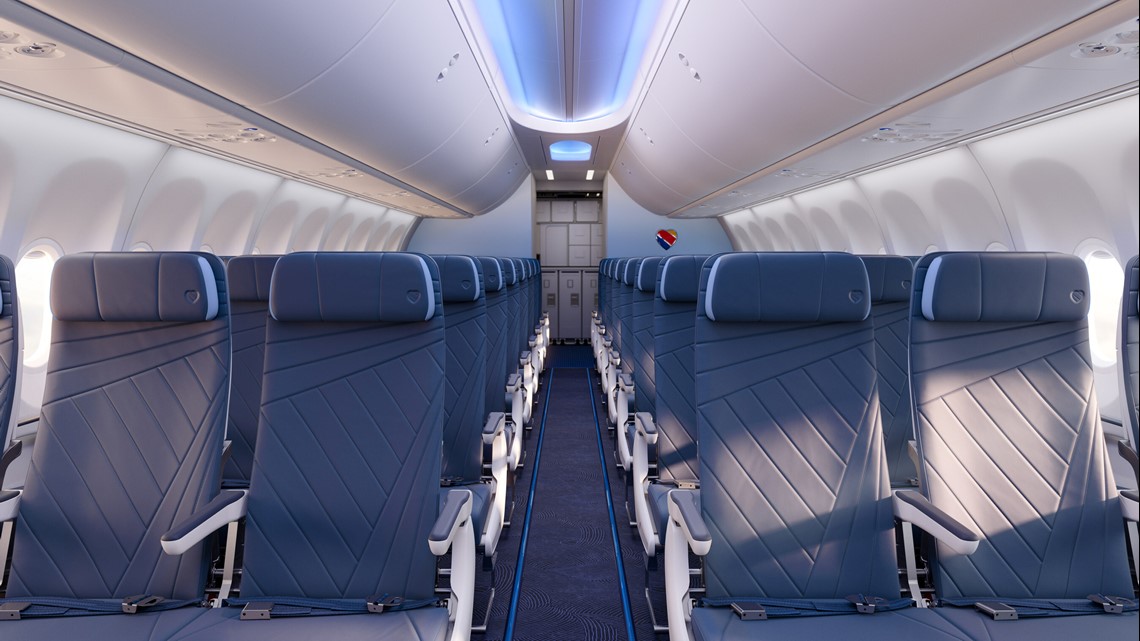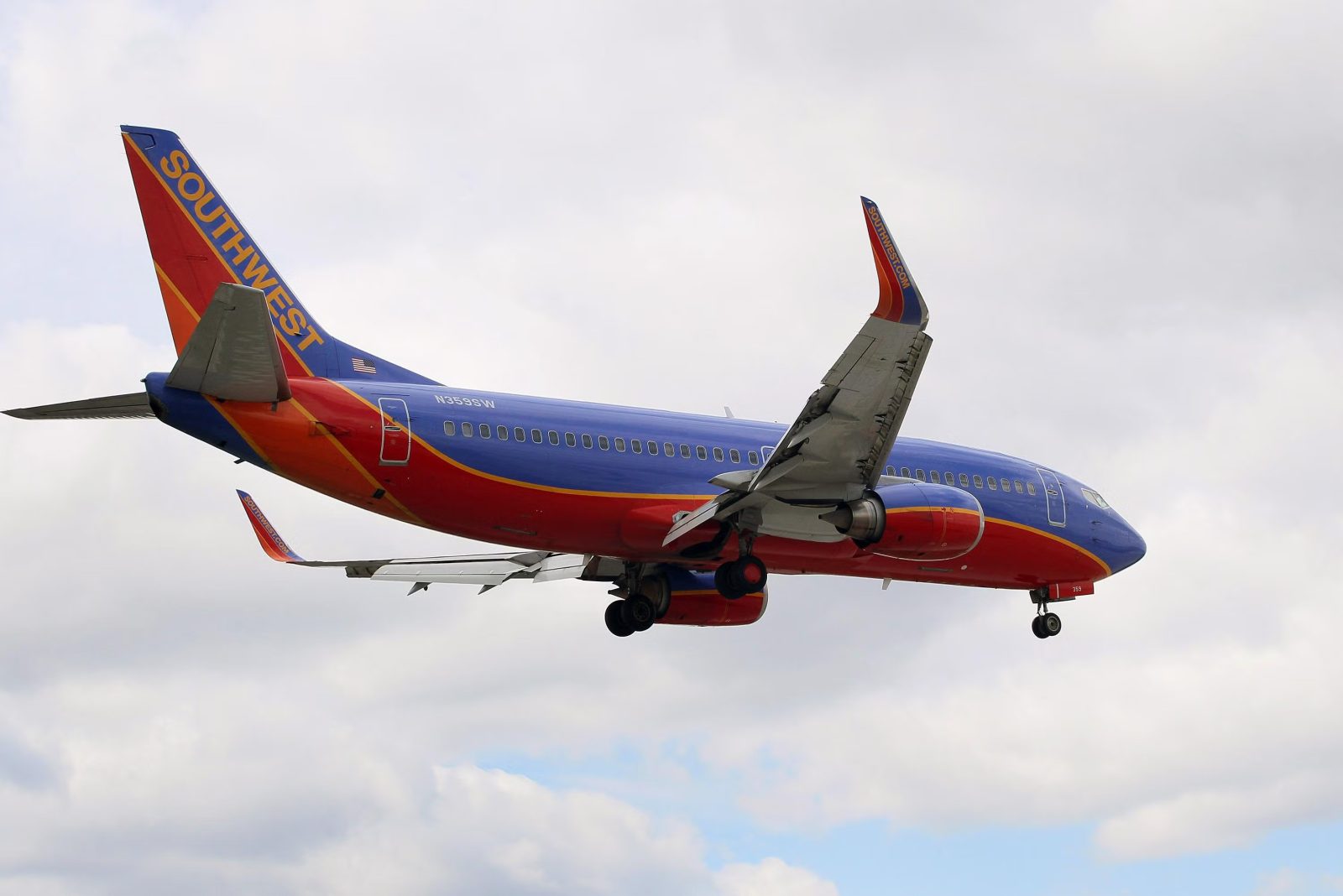Southwest Airlines reported a wider loss for the first quarter compared to the same period last year, citing Boeing’s airplane delays as a significant factor impacting its growth projections up to 2025.
The airline revised its capacity growth forecast for the year, expecting a 4% increase instead of the previously planned 6%. For the second quarter, it anticipates growth between 8% and 9%, with revenue projected to decline by up to 3.5%.
Shares of Southwest dipped nearly 7% following the announcement. Due to Boeing’s delivery delays, Southwest now anticipates receiving only 20 Boeing 737 Max 8 planes, down from the initial forecast of 46.
Consequently, the airline will postpone retiring some older Boeing planes and implement cost-cutting measures, including offering voluntary time off to staff.
Southwest aims to reduce its workforce by 2,000 employees by the end of the year and plans to cease operations at certain airports, including those in Syracuse, Bellingham, Cozumel, and Houston’s George Bush Intercontinental.
Additionally, service reductions are planned for Atlanta and Chicago O’Hare International Airport.

CEO Bob Jordan emphasized the immediate need to achieve financial goals amidst the challenges posed by Boeing’s delivery delays.
He stated, “The recent news from Boeing regarding further aircraft delivery delays presents significant challenges for both 2024 and 2025.
We are reacting and replanning quickly to mitigate the operational and financial impacts while maintaining dependable and reliable flight schedules for our Customers.”
Southwest Airlines, operating an all-Boeing 737 fleet, is particularly affected by Boeing’s delays stemming from safety and quality concerns.
In response to these challenges, Southwest is reconsidering its network and business model. CEO Bob Jordan mentioned the possibility of abandoning its single-class cabin and open seating model, although no decisions have been finalized.
This potential shift would mark a significant change for the airline, especially as competitors like United and Delta report robust revenue growth for premium seats.

In the first quarter, Southwest’s performance slightly missed Wall Street expectations:
– Adjusted loss per share: 36 cents, compared to an expected loss of 34 cents
– Revenue: $6.33 billion, slightly below the estimated $6.42 billion
The airline reported a loss of $231 million, or 39 cents per share, in the first quarter, compared to a loss of $159 million, or 27 cents per share, in the same period last year.
Adjusted for one-time items, including labor contracts and fuel costs, Southwest reported a loss of $218 million, or 36 cents per share. Despite revenue increasing by almost 11% to $6.33 billion, it fell slightly short of analysts’ estimates.







Leave a Reply